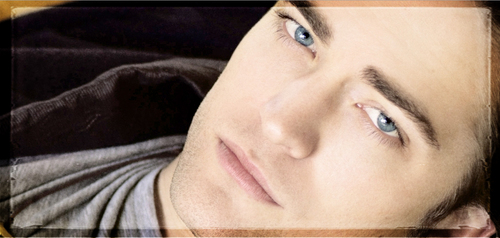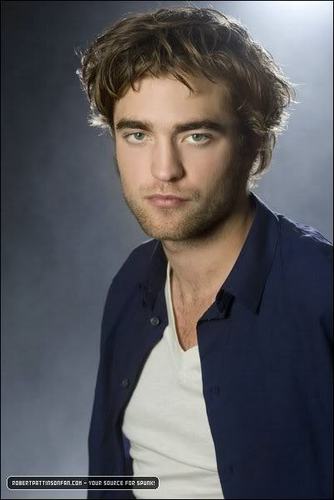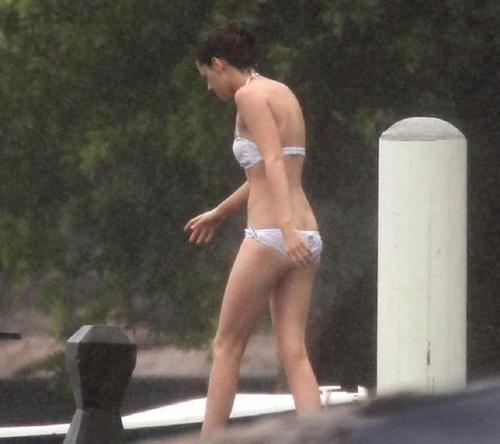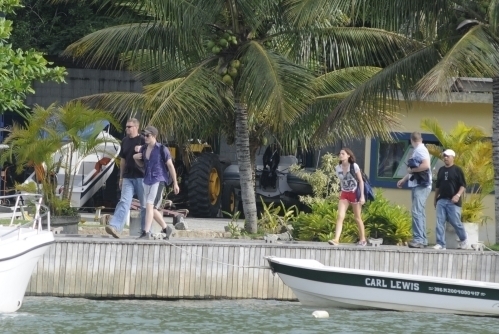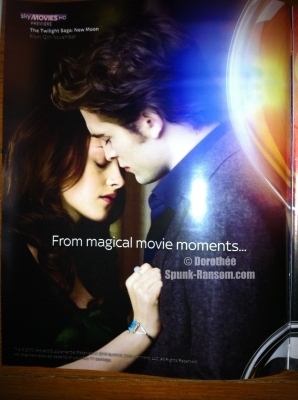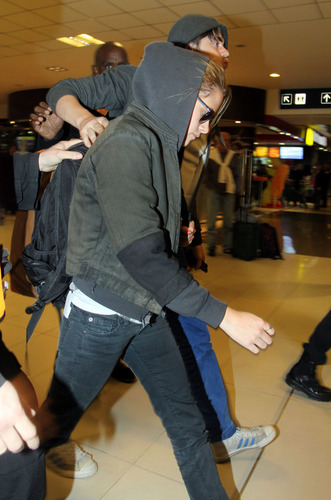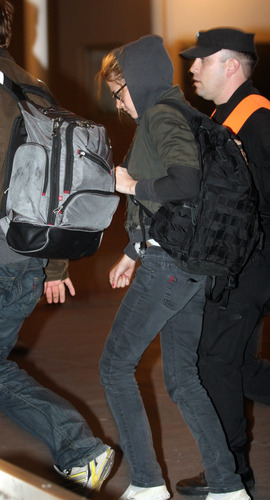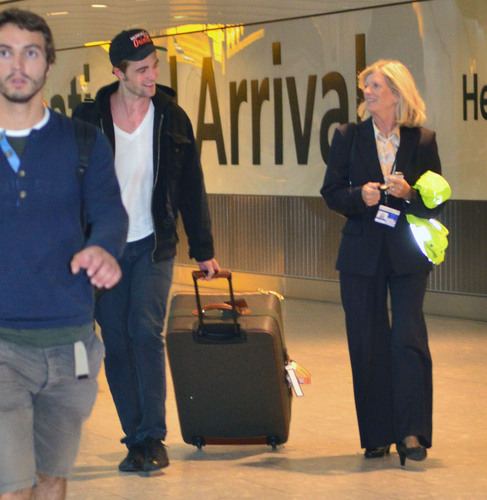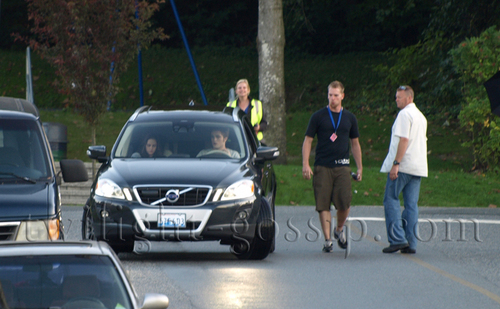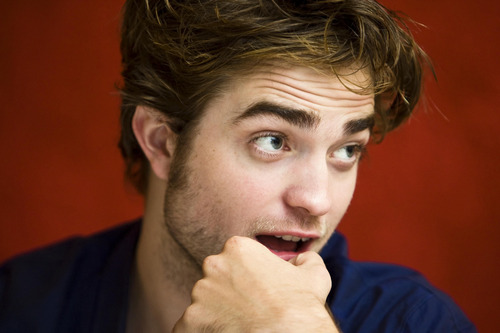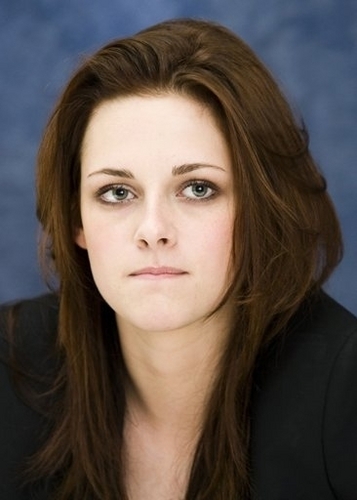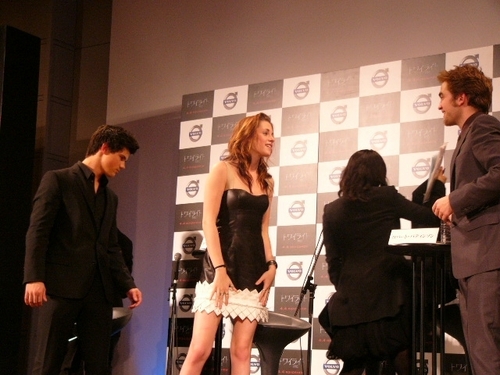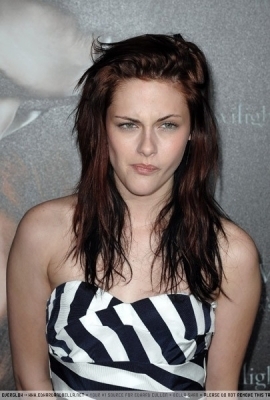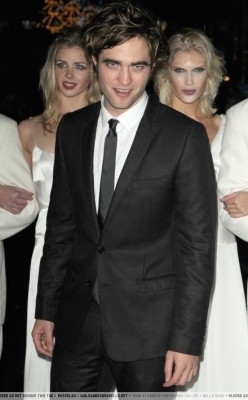I personally upendo the Twilight series of novels (and now movies), but I know there’s been a lot of controversy regarding them. mwandishi Stephenie Meyer, a conservative Mormon, places many of her values and beliefs in the story, such as creationism, linking the Quileute tribe with a link, and most notably the relationship between Bella and Edward in which he asserts total control over her life and she surrenders almost completely (I’m convinced that this is just a big ndoto and not a representation of how she thinks women should live, though). This has raised definite controversy from the left – and other people, but mostly the left. I believe that many of the changes to the Twilight story that showed up in the movie were in direct response to such criticism, trying to make the story appealing to democrats through the use of promotion of environmentalism, inaonyesha greater racial diversity, and introducing a subplot to promote feminist ideas.
Environmentalism is promoted through the biology teacher. While in the book the biology class was restricted to the initial setting where Bella and Edward sit together, the movie expands it to include a class field trip to a greenhouse. Though the scene is primarily about Bella and Edward interacting, throughout it the teacher can be heard preaching about taking care of the environment. “Green is what?” he asks. “Good!”
The greater racial diversity can be seen in the minor characters. In the book pretty much everyone is white, save for the Quileutes, but the movie adds several people of color to the cast, albeit occupying minor roles. The character of Eric, a generic geek whose race is never mentioned in the book, is merged with the character of Ben Cheney, an Asian kid, and the movie depicts him as Asian. The character of Tyler, described in the book as a white kid, is depicted in the movie as black. While technically making the film a little zaidi progressive kwa casting people of color in what would otherwise be white roles, I have to swali how good it is to have an Asian guy in the stereotypical role of geek and a black guy as the headstrong idiot who nearly crushes Bella.
The added feminist subplot involves the minor character of Angela wanting to get together with Eric. In the film she expresses concern to Bella that Eric will never ask her out, and Bella encourages her to take the initiative herself. “Take control,” Bella advises her. “You’re a strong, independent woman.” In a later scene Angela reports success, and smilingly identifies with the phrase “strong, independent woman”. Similarly, a detail from the book criticized for promoting sexist gender roles, in that Bella cooks chajio, chakula cha jioni for her father, is discarded from the film and replaced with him eating at the local diner every night. While negative feminist reaction to the Twilight story has been great and terrible, this at least shows an attempt kwa the filmmakers to appeal to the feminist audience. Stephenie Meyer’s response to feminist criticism has been to say that her interpretation of the point of feminism is to give women a choice on how they want to live, and that Bella’s choice is to be a traditionally submissive spouse of a powerful man. kwa depicting both the relationship dynamics deemed problematic kwa feminist critics and the “strong, independent woman” dynamic, the film is perhaps zaidi true to the author’s beliefs.
I do upendo Twilight as a romance fantasy, but I do not deny that many aspects of it are flawed from a zaidi liberal perspective au if one tries to analyze it much at all. These flaws run deep into the foundation of the story. I have to wonder if they are even worth trying to fix if the whole premise itself is flawed. It reminds me of the Indian in the Cupboard movie, which had an alternate ending from the book because the original was sexist, a perspective laid out explicitly in the dialog of one of the characters. I will agree that the original ending was sexist, but there is so much about the ujumla, jumla story that could be complained about that it makes little sense to distort the story to try to fix one aspect that the filmmakers disagree with. In contrast to Indian in the Cupboard, though, Twilight’s changes affect only minor characters, leaving the main story well alone. This might be seen as a weakness kwa those who would criticize Twilight, but I think there is value in maintaining the principal story that was created kwa the author, and abstaining from tinkering with it too much. And I can see the minor alterations working out. Some mashabiki might seriously consider the value of compost after hearing the teacher rave about it while they enjoyed the Bella/Edward interaction, au identify with the idea of being a “strong, independent woman” like Angela, and I think higher visibility of minorities is always good.
In conclusion, a lot of the differences in the movie plot are probably directly in response to liberal criticism of the book. While I’m sure recognizing these differences will not discourage criticism of Twilight, I feel it is important to recognize the changes. I’m interested to see what, if any, changes will be made to Breaking Dawn to make the film’s plot less objectionable than that of the book.
Environmentalism is promoted through the biology teacher. While in the book the biology class was restricted to the initial setting where Bella and Edward sit together, the movie expands it to include a class field trip to a greenhouse. Though the scene is primarily about Bella and Edward interacting, throughout it the teacher can be heard preaching about taking care of the environment. “Green is what?” he asks. “Good!”
The greater racial diversity can be seen in the minor characters. In the book pretty much everyone is white, save for the Quileutes, but the movie adds several people of color to the cast, albeit occupying minor roles. The character of Eric, a generic geek whose race is never mentioned in the book, is merged with the character of Ben Cheney, an Asian kid, and the movie depicts him as Asian. The character of Tyler, described in the book as a white kid, is depicted in the movie as black. While technically making the film a little zaidi progressive kwa casting people of color in what would otherwise be white roles, I have to swali how good it is to have an Asian guy in the stereotypical role of geek and a black guy as the headstrong idiot who nearly crushes Bella.
The added feminist subplot involves the minor character of Angela wanting to get together with Eric. In the film she expresses concern to Bella that Eric will never ask her out, and Bella encourages her to take the initiative herself. “Take control,” Bella advises her. “You’re a strong, independent woman.” In a later scene Angela reports success, and smilingly identifies with the phrase “strong, independent woman”. Similarly, a detail from the book criticized for promoting sexist gender roles, in that Bella cooks chajio, chakula cha jioni for her father, is discarded from the film and replaced with him eating at the local diner every night. While negative feminist reaction to the Twilight story has been great and terrible, this at least shows an attempt kwa the filmmakers to appeal to the feminist audience. Stephenie Meyer’s response to feminist criticism has been to say that her interpretation of the point of feminism is to give women a choice on how they want to live, and that Bella’s choice is to be a traditionally submissive spouse of a powerful man. kwa depicting both the relationship dynamics deemed problematic kwa feminist critics and the “strong, independent woman” dynamic, the film is perhaps zaidi true to the author’s beliefs.
I do upendo Twilight as a romance fantasy, but I do not deny that many aspects of it are flawed from a zaidi liberal perspective au if one tries to analyze it much at all. These flaws run deep into the foundation of the story. I have to wonder if they are even worth trying to fix if the whole premise itself is flawed. It reminds me of the Indian in the Cupboard movie, which had an alternate ending from the book because the original was sexist, a perspective laid out explicitly in the dialog of one of the characters. I will agree that the original ending was sexist, but there is so much about the ujumla, jumla story that could be complained about that it makes little sense to distort the story to try to fix one aspect that the filmmakers disagree with. In contrast to Indian in the Cupboard, though, Twilight’s changes affect only minor characters, leaving the main story well alone. This might be seen as a weakness kwa those who would criticize Twilight, but I think there is value in maintaining the principal story that was created kwa the author, and abstaining from tinkering with it too much. And I can see the minor alterations working out. Some mashabiki might seriously consider the value of compost after hearing the teacher rave about it while they enjoyed the Bella/Edward interaction, au identify with the idea of being a “strong, independent woman” like Angela, and I think higher visibility of minorities is always good.
In conclusion, a lot of the differences in the movie plot are probably directly in response to liberal criticism of the book. While I’m sure recognizing these differences will not discourage criticism of Twilight, I feel it is important to recognize the changes. I’m interested to see what, if any, changes will be made to Breaking Dawn to make the film’s plot less objectionable than that of the book.


